Introduction
Akita's exercise needs to stay healthy and happy.
- They have high energy levels and require physical and mental stimulation
- Consistent exercise routines are crucial for Akita's well-being
- Proper exercise helps prevent obesity and related health issues
- Exercise is also a great way to bond with your Akita
1. Understanding Akita's Energy Levels
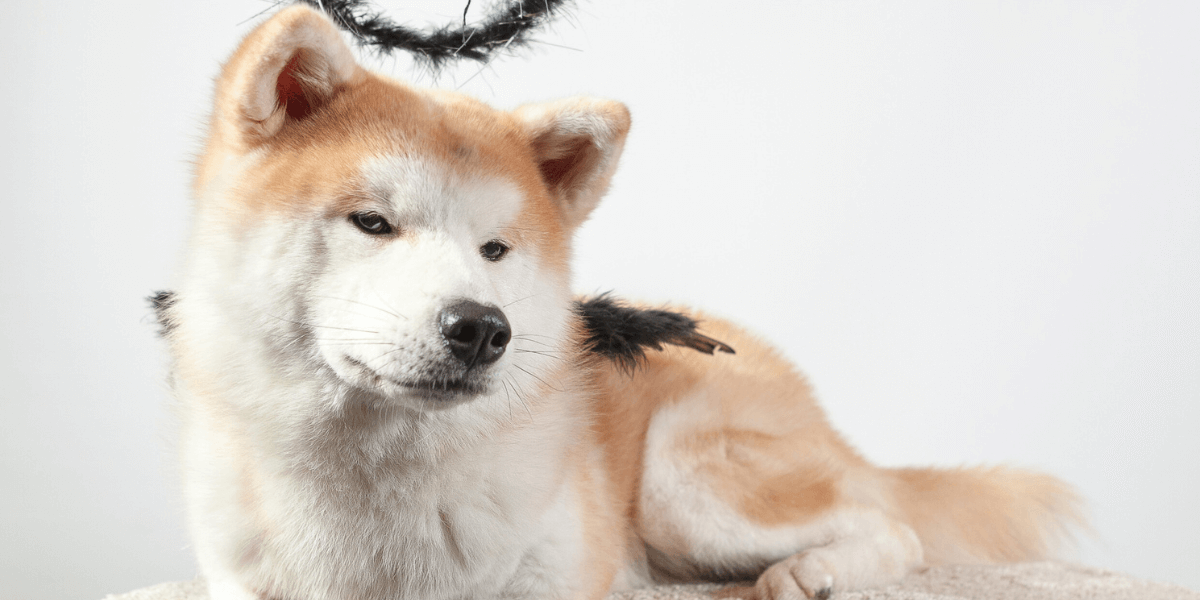
- High-energy breed: Akitas are naturally energetic and need regular exercise
- Varied intensity: They thrive on a mix of moderate and vigorous activities
- Indoor needs: Akitas also require mental stimulation when indoors
- Puppy energy: Young Akitas have even higher energy needs than adults
- Balanced activity: Tailor exercise to meet both physical and mental needs
2. Daily Exercise Routine
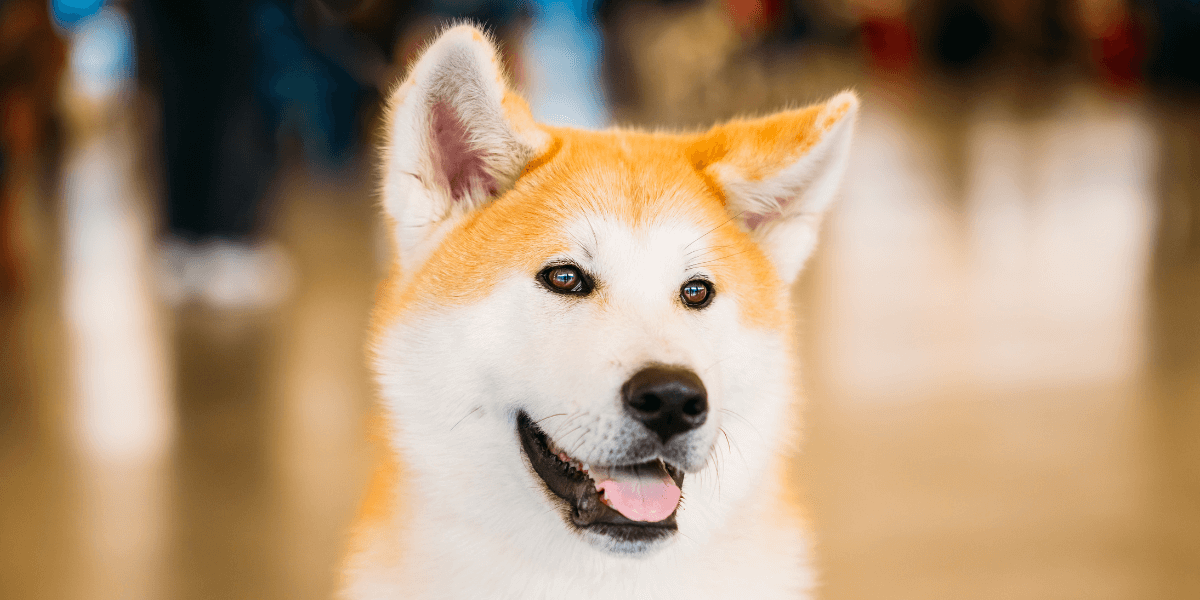
- Walks: Akitas need at least two daily walks for physical and mental health
- Playtime: Include interactive games like fetch or tug-of-war in their routine
- Training: Incorporate basic obedience training during exercise
- Outdoor exploration: Allow them to explore new environments during walks
- Consistency: Keep exercise routines consistent for best results
3. Types of Exercises for Akitas
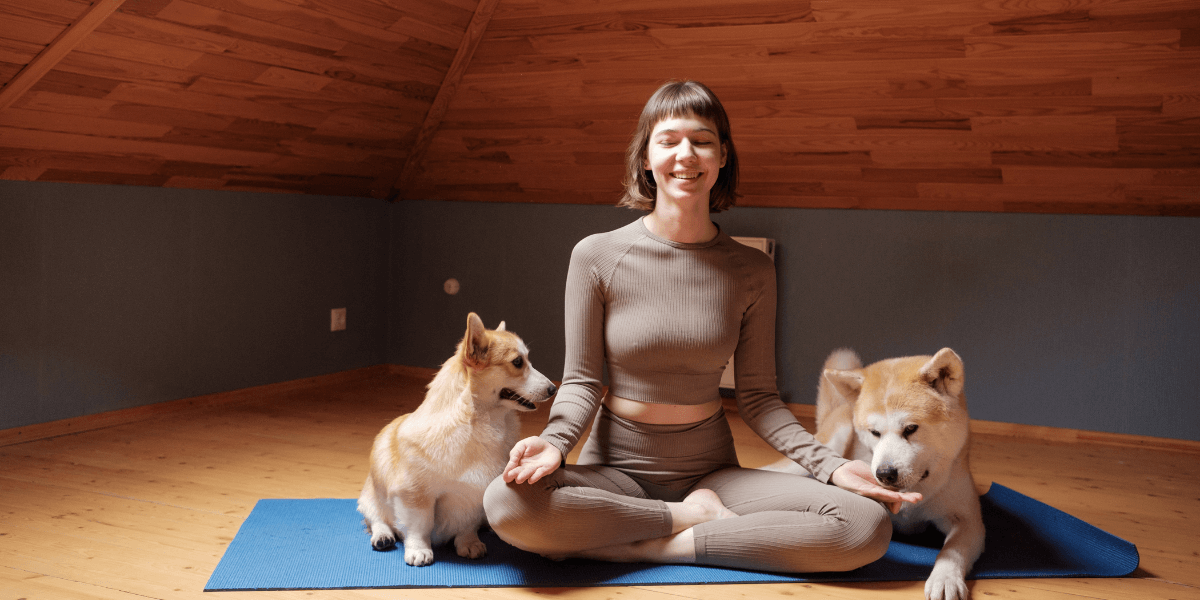
- Running: Enjoys running, especially in secure, open spaces
- Hiking: They love long hikes with challenging terrains
- Agility: Agility courses provide both mental and physical stimulation
- Swimming: Swimming is a low-impact exercise Akita's often enjoys
- Fetch games: Interactive fetch games are great for their high-energy
4. Mental Stimulation Activities
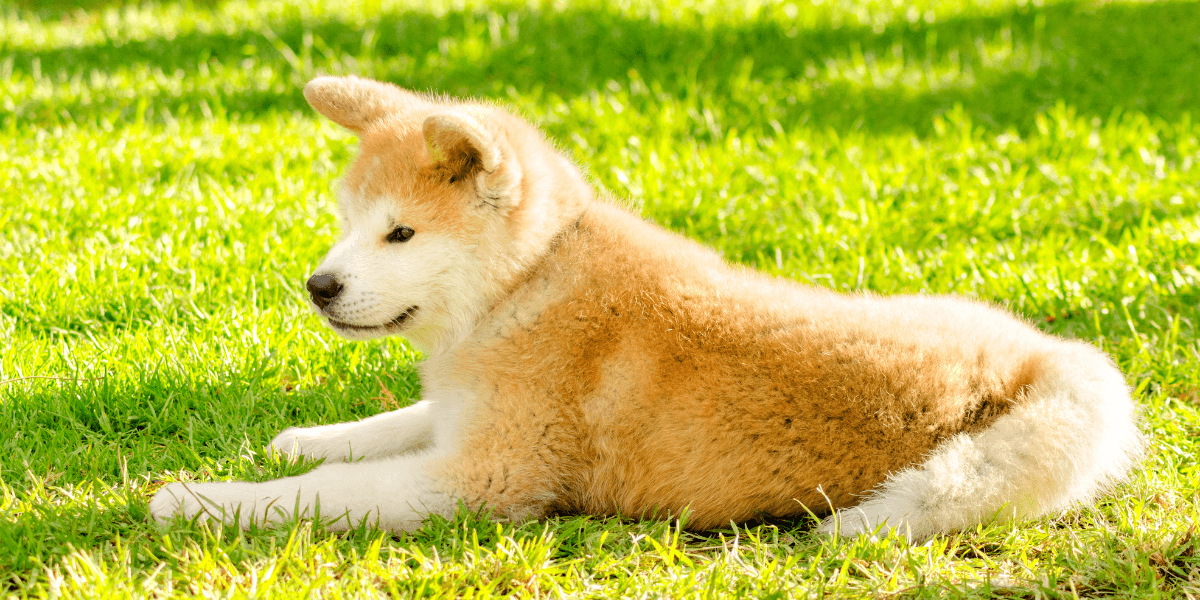
- Puzzle toys: Use puzzle toys to challenge your dog's mind
- Hide and seek: Play hide and seek with treats to engage their senses
- Training drills: Regular training sessions keep them mentally sharp
- Interactive games: Play games that require problem-solving skills
- Socialization: Interaction with other dogs provides mental stimulation
5. Adjusting Exercise with Age
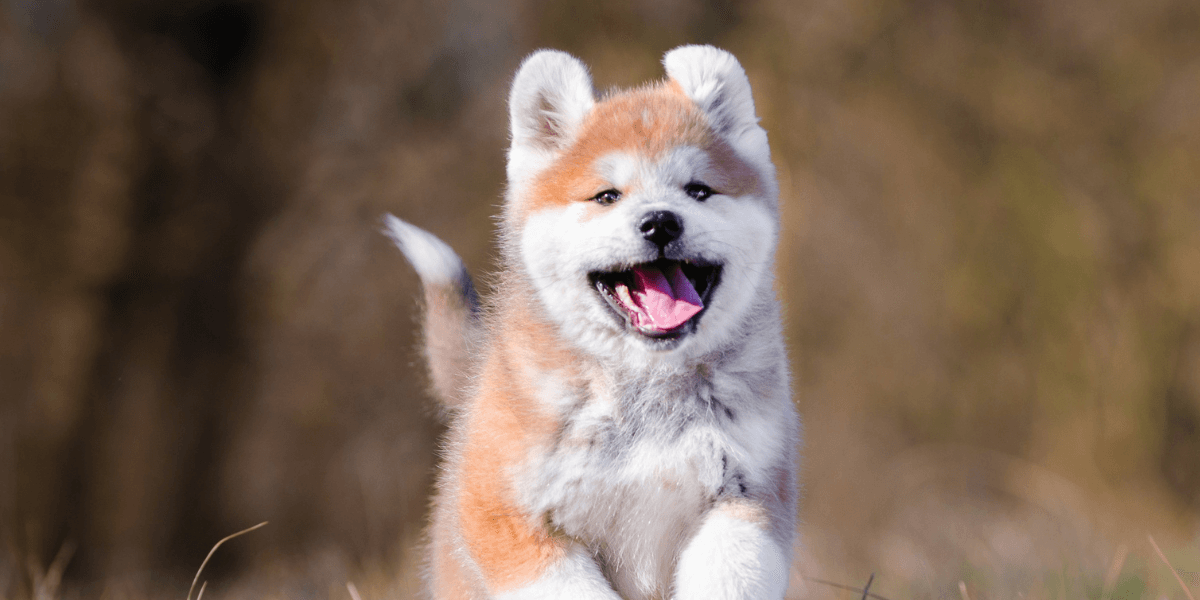
- Puppies: Puppies need short, frequent exercise sessions to prevent overexertion
- Adults: Adult Akitas require more intense and longer exercise routines
- Seniors: Older Akitas need gentler activities to protect their joints
- Health monitoring: Adjust exercise based on any health conditions
- Activity reduction: Gradually reduce exercise as your Akita ages
6. Signs of Over-Exercising
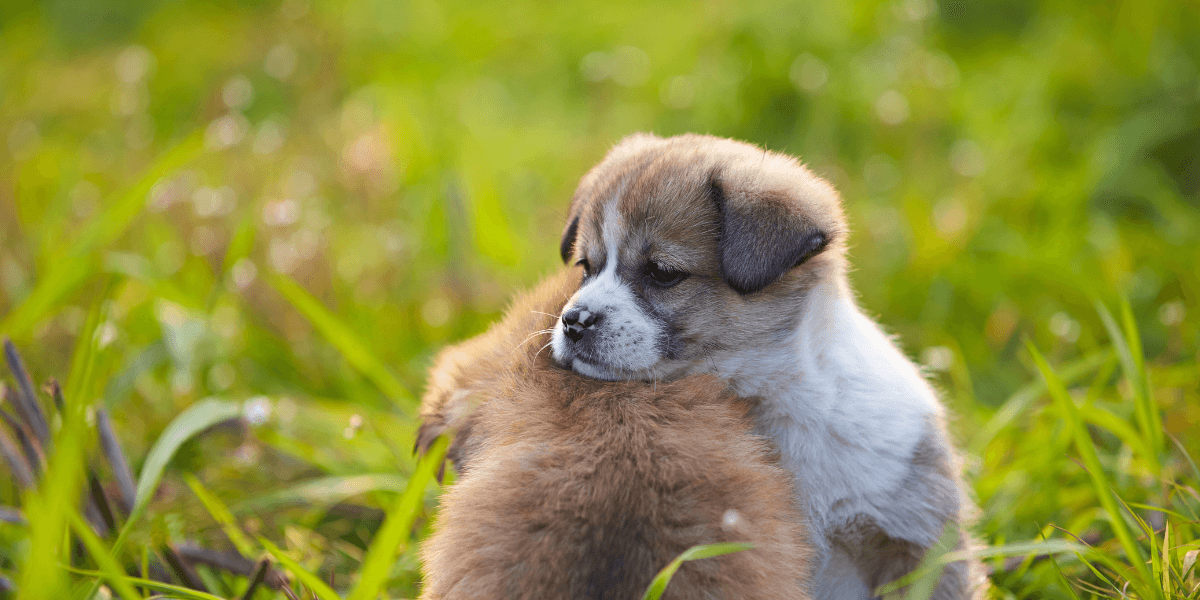
- Excessive panting: Watch for heavy panting, which may indicate overexertion
- Limping: Limping after exercise may signal joint or muscle strain
- Fatigue: If your dog is overly tired, they might be over-exercised
- Irritability: Behavioral changes like irritability can indicate too much exercise
- Refusal to move: Reluctance to move can be a sign of physical exhaustion
7. Seasonal Exercise Considerations
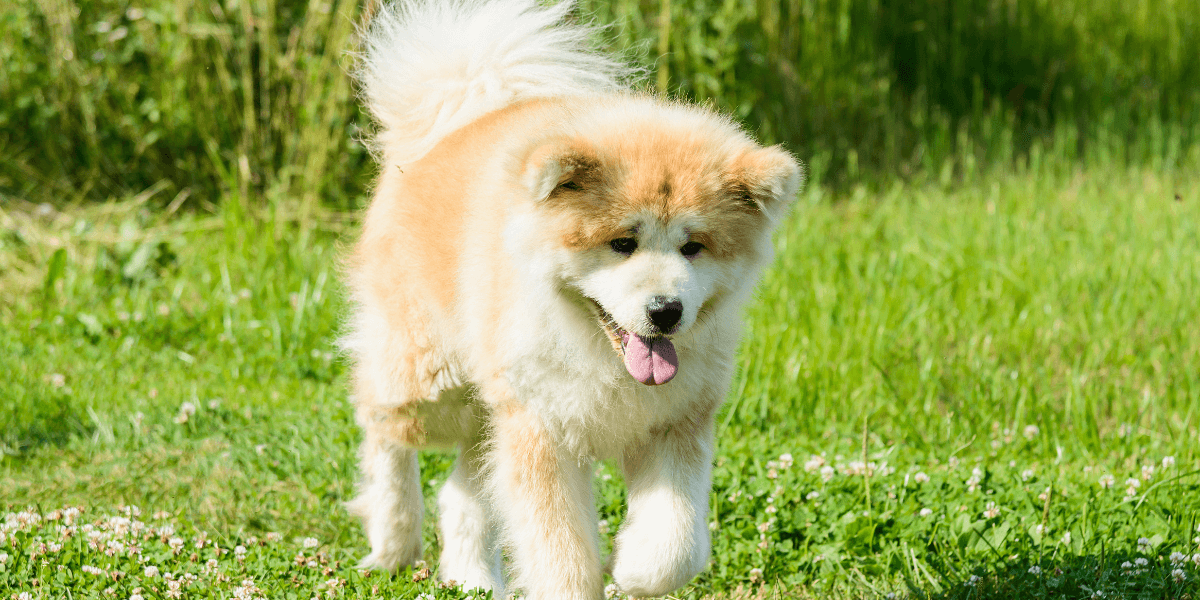
- Hot weather: Reduce exercise during hot weather to prevent heatstroke
- Cold weather: In cold weather, ensure your dog stays warm during outdoor activities
- Rainy days: Use indoor games to keep your Akita active on rainy days
- Snow: Akitas enjoy playing in the snow but monitor for frostbite
- Seasonal health checks: Regular vet visits help adjust exercise for seasonal changes
FAQs
1. How often should I exercise my dog?
- Your dog needs at least 60 minutes of daily exercise
2. Can my dog be left alone at home?
- They can be left alone but require mental stimulation.
3. Is running good for dogs?
- Running is excellent but it should be in safe, enclosed areas.
4. How do I know if my dog is tired?
- Look for panting, slow movements, or lying down.
5. Can I skip exercise on some days?
- Regular exercise is essential for their health
Conclusion
- Keep your dog fit and healthy with regular exercise
- Make exercise a daily part of their routine for overall well-being
- Use exercise time to strengthen your bond with your dog
- Keep learning about your dog care to ensure their happiness
- Start implementing a balanced exercise routine today!



